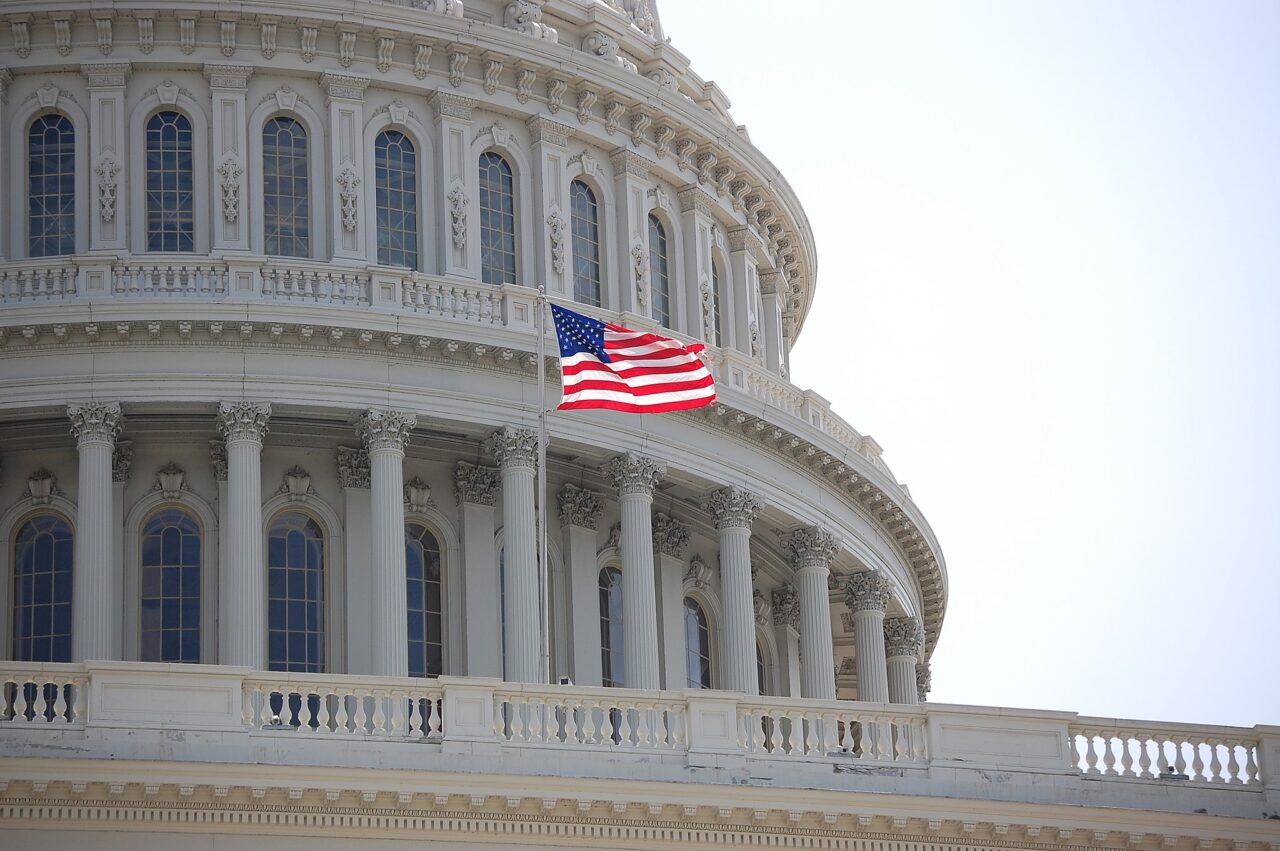Congress is under intense pressure after returning from the midterm elections to approve billions in new funding to shore up Medicare.
Medicare Fix Needed
A pricey Medicare patch is on the horizon to essentially reverse billions’ worth of scheduled payment reductions to doctors which are statutorily required but unpopular in Congress.
Although the congressional lawmakers aren’t actually required to address this issue they have normally done so and is expected do it again before January 1st.
The Center for Medicare and Medicaid Services (CMS) announced this week that current federal law requires a 4.5% cut in the reimbursements doctors receive from the government for services provided under Medicare, the federal health insurance program for people over 65. That cut would take effect at the start of 2023, less than two months away.
Part of that cut is required because a supplemental boost for physician payments is expiring at the end of this year, and reimbursements must therefore be lowered to meet the fee schedule set under current Medicare law. CMS predicted that cut over the summer and finalized it in a Nov. 1 regulation that spanned nearly 3,000 pages.
Spending Cuts
Automatic spending cuts required in 2023, known as the PAYGO sequester would force another 4% cut to Medicare reimbursements.
The combined 8.5% cut to reimbursements received by doctors could make it nearly impossible for facilities to keep operating in the face of Biden’s record-high inflation.
This would reduce seniors’ access to Medicare.
“Unless Congress acts by the end of the year, physician Medicare payments are planned to be cut by nearly 8.5 percent in 2023 — partly from the 4 percent PAYGO sequester — which would severely impede patient access to care due to the forced closure of physician practices and put further strain on those that remained open during the pandemic,” said Jack Resneck Jr., MD, president of the American Medical Association.
“Without congressional action, vulnerable seniors’ nationwide access to timely, high quality and essential surgical care will be negatively impacted,” added Dr. Patricia Turner, CEO and executive director of the American College of Surgeons.
Bipartisan legislation has already been introduced this year to address the problem, and last year, Congress approved similar legislation in December to avoid Medicare PAYGO cuts for three months, just before the Jan. 1 deadline.
Robert Moffit, Ph.D., a senior fellow in domestic policy at the Heritage Foundation and former Health and Human Services official in the Reagan administration, said “Who’s going to go against Medicare?” He also agrees that the pressure is on to do something to avoid a bad result for seniors.
Medicare Cost Estimate
While there is no formal cost estimate, the Center for a Responsible Federal Budget estimated in September that it would cost $15 billion to stop the Medicare PAYGO cut for one year, and at least another $2 billion to restore supplemental funding for physician payments.
In 2021, the Congressional Budget Office estimated that the cost of stopping the 4% PAYGO cut to Medicare is about $36 billion.
Get the news you need at It’s On News.


